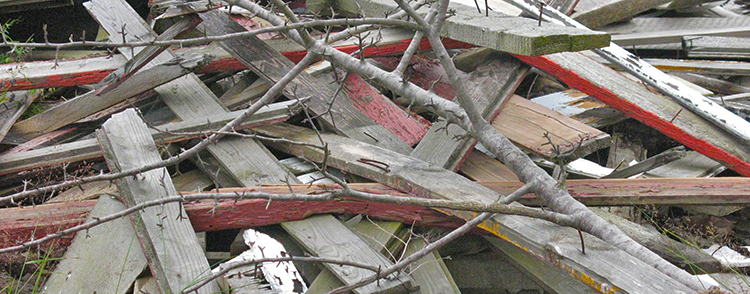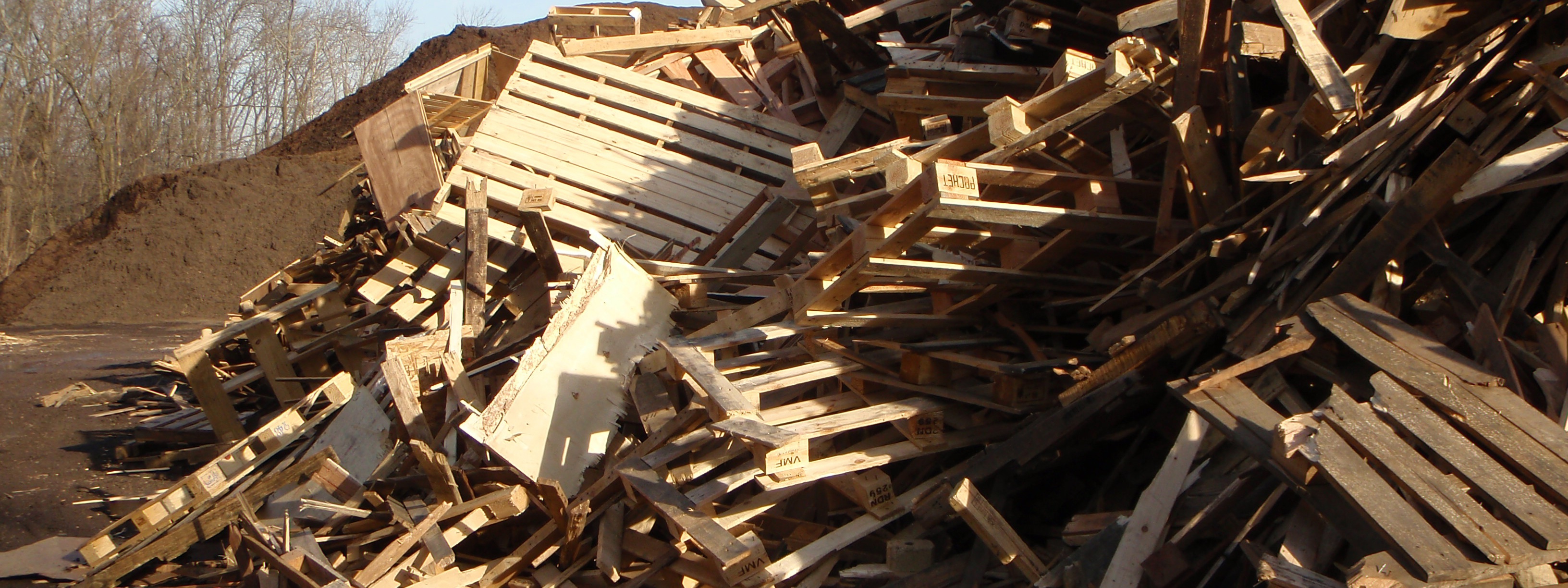We review New Jersey Recycling Exemption #20, known as 'The Contractor's Exemption'
It's official, this is the summer of recycling. We've been working with clients all over New Jersey that have identified that they generate recyclable materials as part of their normal activities, and now they want to reuse it in one way or another. This is great!
But as it turns out, a good amount of our clients have been apprehensive about even considering this because they thought (incorrectly) they would need to get some sort of New Jersey recycling permit. Fortunately for them (and maybe you!) the answer is no, you don't need a permit. There's a workaround that saves you time, energy, and a lot of money, called a recycling exemption. New Jersey has 24 various exemptions available to businesses so they can easily recycle material.
We've reviewed these 24 recycling exemptions in New Jersey in these articles:
Additionally, we go over what exemptions are in an easy to understand way in our article called New Jersey Recycling Exemptions Explained.
Like I said, if you can use one of these exemptions, go for it. If you can't, it's a good ol fashioned recycling permit.
Regardless, let's go over the Contractor's Exemption, and get into what it's all about.

New Jersey Recycling Exemption #20 Details
This New Jersey recycling exemption is available through the NJDEP, and is a great workaround, for those who qualify, to getting a full on Class B Recycling Approval. This exemption is specifically for anyone who deals with Class B recyclable materials, such as wood, asphalt, or concrete.
So what's the catch? Why aren't there hundreds of operations across New Jersey using this recycling exemption?
Simply put, there's restrictions that are very strict, and you have to follow them very, very closely.
Recycling Exemption Notifications
You have to let the NJDEP, your county government, and local government know about your operation, and provide some them some information about what you're doing. There's official channels to go through and various forms to use, so it's a little more complicated than just picking up the phone and telling them.
Recycling Exemption Options
There's really only one here, and it has to do with what you're using the exemption for. Are you going to get an exemption for a single job, or is this going to be ongoing? This determination is part of your notification to state and local governments.
The one-shot basis is typically used for a single project, like demoing a building.
The continual basis is better for someone who is going to continually recycle their own material, like a road contractor or builder.
Recycling Exemption Regulations
Regulations state that you must keep your material (processed and unprocessed) in a 'roll off container or similar container' to prevent seepage and runoff.
On behalf of our clients, I've worked with the NJDEP to allow for some 'off the book' options regarding this storage requirement, seeing as most roll off containers are usually old, rusted, and certainly not waterproof.
We've pushed (successfully) for storage options in things like contained areas, such as bins surrounded by large concrete blocks. BUT, and I do caution but here, this is for my clients. If you're starting from scratch you're going to have to initially play by the rules. As things get going you may have some options, but right off the bat you need to adhere to the regulations.
If you're covered under one of the various New Jersey stormwater permits, you might be able to use that as a form of 'similar containment' coverage.
Regardless, right off the bat you need to follow every regulation to a T.
Recycling exemptions require great record-keeping.
You're going to have to keep records of all material received, processed, and then reused. You're going to need to have very, very detailed records. You need to keep track of material, where it's from, how much you have, how much you're using, etc. This information all goes to the NJDEP on an annual basis, and they review it pretty closely.
In other words, make darn sure you're record keeping is top notch.
Exemptions require high a material turnover rate.
You can keep material onsite for approximately 1 year. That's it.
Most places I get exemptions for, this isn't an issue.
I always tell folks you're not running a landfill, and this material likely has value to you, so this isn't really a big problem for most.
Do not ever sell or give away YOUR material.
This material is yours. Period, end of story. You can use it on your site. You can use it for other activities that you're a part of.
You can never, ever, give this material away. Even if the little old lady down the road needs some fill for a hole in her backyard, the answer is no. You can't sell or give this material away at all, ever.
It's yours, period, end of story.
Here's the issue. If the NJDEP finds out you're selling or giving away material, they'll view you as a Class B recycling center, and you will have to go through the full-blown recycling approval process. This is a very, very costly mistake to make.
Just so you know, it takes a long time to get an approval, time that you won't be able to operate your business. And it's also expensive. It's expensive to hire an expert, it's expensive because the NJDEP charges you thousands in annual fees, and there's even an expensive application fee when you go through the process. Don't believe me? Check out these two articles:

Using a New Jersey Recycling Exemption
For anyone interested in the actual name of this exemption, it's actually called NJAC 7:26A-1.4.a.20. You can always scope it out on the NJDEP's website, but I pretty much summed it up and made it readable. Really though, everything above is what you'll need to know.
Reading into most of these NJ recycling exemptions is pretty taxing for most people who aren't used to reading regulatory mumbo-jumbo, so if you're in doubt, talk to an expert.
There's a handful of other exemptions besides this one, but from all the work we've done in New Jersey over the last 20+ years, this one seems to by far be the most frequently used. If you're running an operation that could benefit from multiple exemptions, you can! You're allowed to have several. This can make your life much, much easier, since you don't have to go through the expensive and grueling process of getting a recycling permit in New Jersey.
If you're ready to start turning that rubble into usable material, look into exemption #20. If you want to start recycling, click here to contact us, or give us a call at 609-693-8301 and we'll get you started towards your greener tomorrow.



